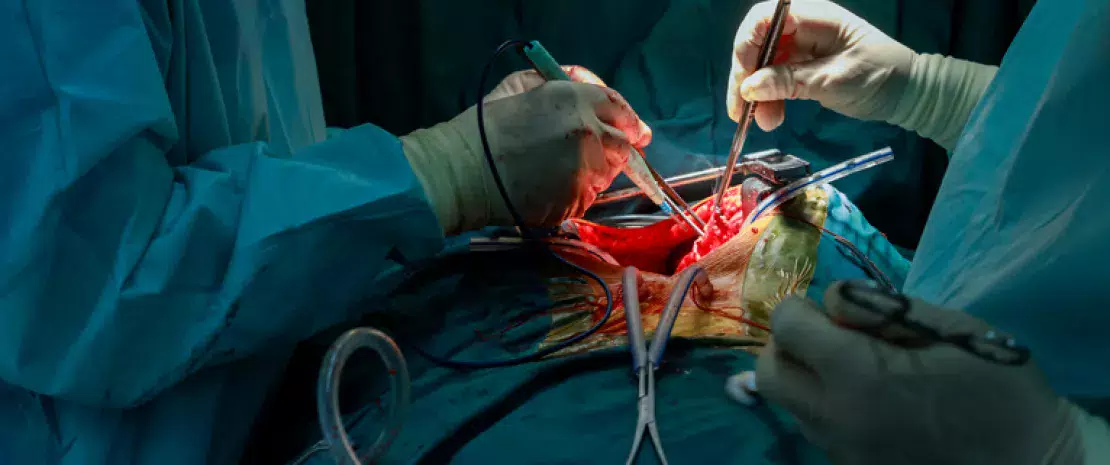Can the lung microbiota reliably predict lung transplant rejection?
Predicting transplant rejection is every surgeon’s dream and every patient’s hope. According to a study published in The Lancet Respiratory Medicine, an increase in lung bacteria could predict chronic transplant rejection (chronic lung allograft dysfunction, or CLAD) in healthy adult lung transplant recipients.
Lay public section
Find here your dedicated section
Sources
This article is based on scientific information

About this article
Lung transplant is the only existing treatment for end stage lung disease but is associated to very poor survival rates compared to other organ transplants. The respiratory microbiota of lung transplant patients differs from that of healthy individuals. These differences include an increased bacterial load and a distinct bacterial community composition. The clinical significance of these differences for lung transplant outcomes remains, however, unclear, to this day.
Influence of lung microbiota on post-transplant survival
The researchers carried out a prospective study on 134 patients who had received lung allografts at the University of Michigan between October 2005 and August 2017. Their aim was to assess the clinical importance for subsequent CLAD-free survival of post-transplant changes in respiratory microbiota. They analyzed bronchoalveolar fluid samples collected from asymptomatic patients during bronchoscopy one year after lung transplant. Patients’ lung function was controlled at least every three months via spirometry to monitor for the development of CLAD.
Bacterial load in the lungs is a risk factor
Within the 500 days of follow-up, 18% of patients developed CLAD, 4% died before confirmed development of CLAD, and 78% remained CLAD-free. An increased bacterial load in the lungs was associated with a higher risk of developing CLAD or dying after lung transplant. Another finding was that this association between an increased bacterial DNA load and the risk of developing CLAD was not attributable to the presence or relative abundance of Pseudomonas spp., as previous studies had suggested.
Is bacterial community composition a predictive indicator for survival?
The study also found that the composition of the lung bacterial community differed significantly between patients who developed CLAD or died and patients who survived and remained CLAD-free. In contrast, no individual bacterial taxa were definitively associated with CLAD development or death. As an initial assessment, the researchers concluded that composition may not be as relevant as total bacterial load in predicting CLAD-free survival. Further studies are required to determine whether lung bacteria are modifiable via antibiotics or other interventions, and whether variations in the lung microbiota can explain variations in patient responses to therapy after lung transplant.





